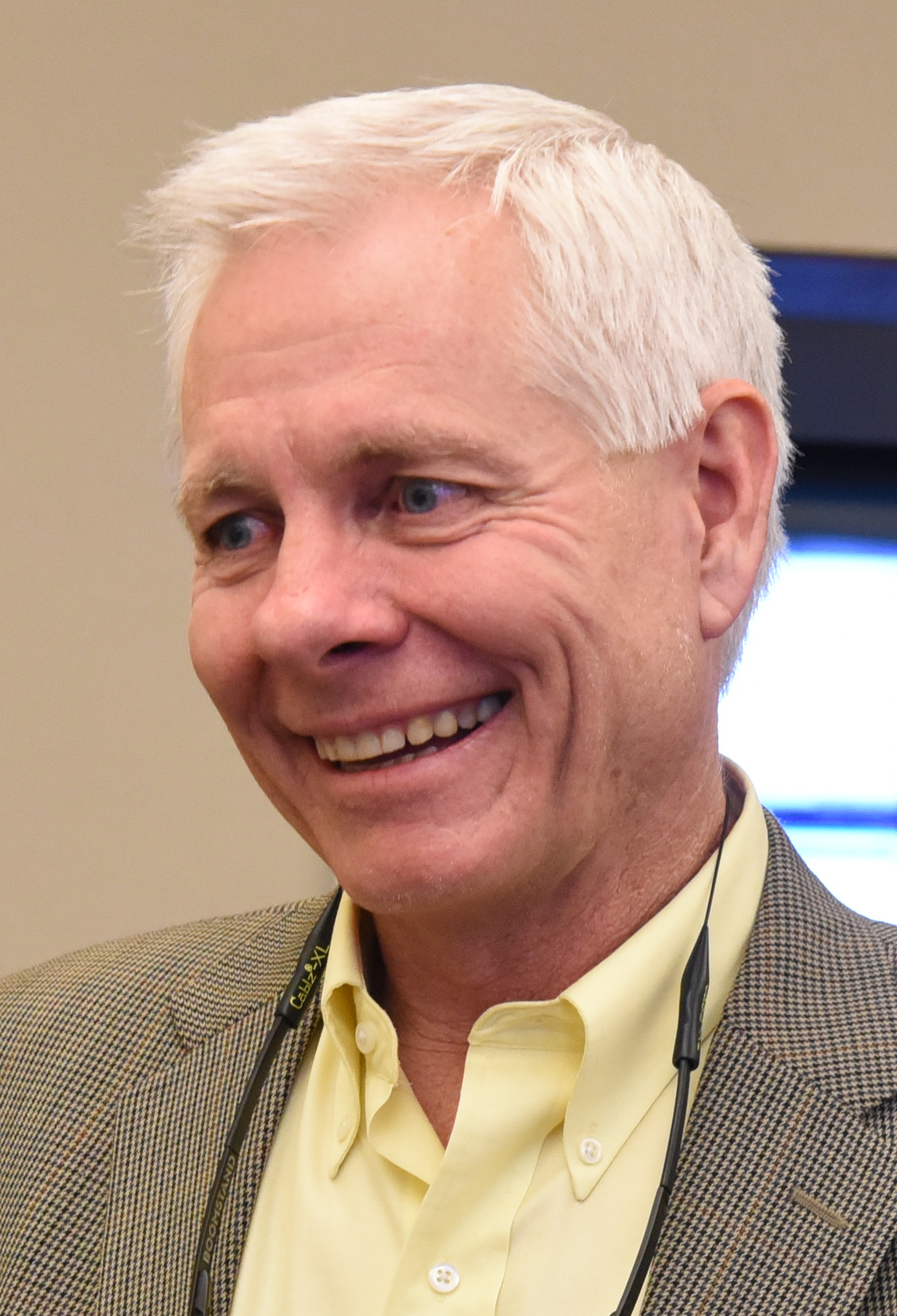NASHVILLE - The Federal Communications Commission says it won't appeal a federal court's ruling that killed the agency's effort to lift Tennessee restrictions on where Chattanooga's EPB and other municipally owned power utilities can offer their fast-speed broadband and other services.
"The FCC will not seek further review of the Sixth Circuit's decision on municipal broadband after determining that doing so would not be the best use of Commission resources," said Mark Wigfield, an agency spokesman.
Earlier this month, a three-judge panel of the U.S. 6th Circuit Court of Appeals sided with Tennessee and North Carolina in their dispute over the FCC's 2015 rule that sought to eliminate both states' laws that prevent the Electric Power Board and Wilson, N.C.'s electric utilities from expanding broadband service outside their operating areas.
Both EPB and Wilson argued powerful lobbying interests were holding them back and hurting efforts to expand lightning-speed internet broadband services, especially to rural areas.
The states had sued the FCC, charging the federal agency overstepped its authority by seeking to supercede Tennessee and North Carolina's restrictions. The three-judge panel agreed with the states' positions that the FCC had no legal authority to do that.
Tennessee Associate Attorney General Bill Young told members of the Tennessee Advisory Commission on Intergovernmental Relations Tuesday that FCC's decision won't necessarily end the legal dispute.
EPB President David Wade later said in a statement to the Times Free Press that "the broadband gap is a problem for Tennesseans, and we need a Tennessee solution." Wade noted that a recent study released by Tennessee Economic Development Commissioner Randy Boyd "shows that Tennesseans without adequate broadband access are falling behind economically.
"We will continue to work with the growing number of Tennessee lawmakers and grassroots citizens as they strive to change state laws to give local stakeholders the freedom to determine the best and quickest way to address this problem in the community where they live," Wade added.
Young earlier told TACIR members that the state all along thought the FCC's argument to supersede state laws restricting municipal power services to their current service areas was "weak."
He said the issue for state Attorney General Herbert Slatery wasn't about internet broadband, noting the attorney general's office itself had no position on that topic. Rather, Young said, the state's position was that the decision over muni-broadband expansion "rests with the General Assembly."
TACIR's chairman, Senate Majority Leader Mark Norris, R-Collierville, said the 6th Circuit's ruling "does put it back squarely on the General Assembly."
The decision, Norris said, "does strike a blow for liberty."
On Wednesday, TACIR, which serves as a forum for state and local government interactions and issue research, is scheduled to take up the broadband issue and how to expand a service rural areas and community services say for-profit companies aren't providing to them.
EPB has battled for years in the Tennessee General Assembly against politically powerful for-profit telecommunications companies, including AT&T and Comcast, as the municipal services sought to do away with geographic service limitations imposed by a 1999 state law that allowed the government-owned entities to offer internet, cable TV and telephone services.
AT&T, Comcast and other companies contend it is not fair for businesses to have to compete with government.
In appealing the FCC's ruling, Tennessee retained outside counsel, the Washington, D.C.-based law and lobby firm Wiley Rein, to represent the state in federal court. The firm's many legal clients include AT&T, according to its website. And, according to the nonprofit watchdog Center for Responsive Politics, Wiley Rein also lobbies the federal government for clients including AT&T.
Asked later by a reporter about why Attorney General Slatery chose to use a law firm that represents AT&T to help make its case in federal court, Young said, "we saw no conflict on this issue with retaining them.
"We looked around at a lot of [outside] counsel," Young added. "They were highly recommended because of their FCC experience. They saw no conflict with representing us."
Contact Andy Sher at asher@timesfreepress.com or 615-255-0550. Follow on Twitter @AndySher1.

